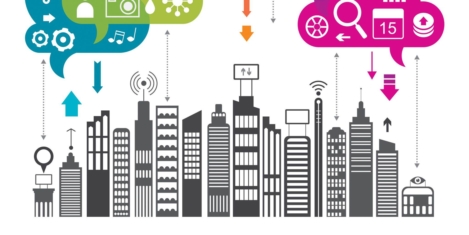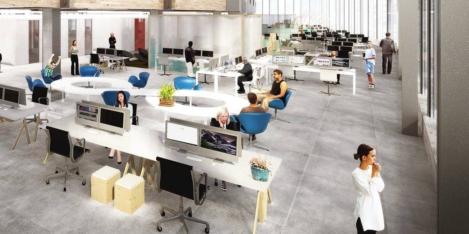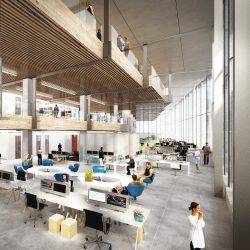November 29, 2016
Majority of employers believe automation will create more jobs than it will replace 0
A new report published by Capita Resourcing claims that 85 percent of employers believe workplace automation will create more jobs than it will replace in their organisation in 10 years’ time. The main benefits to businesses and employees over this period are likely to be enhanced productivity (76 percent) and new skills development (54 percent). The ‘Workplace More Human’ report surveyed the attitudes of 200 business leaders in medium to large organisations and 1,000 full or part time employees. It revealed that the workplace is currently undergoing rapid transformation with over half (54 percent) of employers already automating business processes that were once performed by people. A further 39 percent plan to automate more processes in the next 12 months.

































November 25, 2016
Reducing paper-weight is the key to maintaining a healthy business in the digital age 0
by Chas Moloney • Comment, Technology
(more…)